
The alarming state of the water channel that conveys excess water from the Weija Dam into the sea is a stark reminder of the deepening environmental neglect and institutional failure that continue to plague the country’s flood management system.
The channel, now heavily choked with aquatic weeds, plastic waste, and silt, has become a disaster waiting to happen. It stretches from uphill Weija through Tetegu, where one side of the passage is almost completely blocked, threatening the safety of thousands of residents within the Weija-Gbawe Municipality.
This situation is not new. For years, residents have sounded the alarm over the poor state of the Weija channel and its tributaries, especially during heavy rains and dam spillages. Yet, little or no effort has been made by the relevant authorities to sustainably maintain this vital outlet.
The Ghanaian Times’ recent visit revealed a grim picture — a once functional channel now reduced to a stagnant, weed-infested drain struggling under the weight of neglect.
The Weija Dam, constructed on the Densu River, is not merely a local facility; it is a national asset that supplies potable water to millions across the Greater Accra Region. Its periodic spillages are a critical safety measure to protect the dam’s structural integrity. However, these spillages frequently translate into destructive floods downstream — a consequence made worse by blocked channels and poor drainage maintenance.
Each year, homes are submerged, livelihoods destroyed, and lives sometimes lost, yet the same cycle repeats itself.
The Ghanaian Times finds it most troubling, the lack of coordination and accountability among the responsible institutions. Ghana Water Limited (GWL) distances itself, explaining that the management and dredging of the channel do not fall within its operational mandate. The Weija-Gbawe Municipal Assembly, on the other hand, insists it regularly dredges the area and downplays the impact of aquatic weeds.
Meanwhile, the problem persists and worsens. This blame-shifting culture epitomises the broader institutional weakness that undermines Ghana’s environmental management efforts.
The time has come for real inter-agency collaboration, not rhetoric. The Ministry of Works and Housing, the Ministry of Sanitation and Water Resources, GWL, and the Weija-Gbawe Municipal Assembly must immediately coordinate to desilt, dredge, and clear the channel.
More importantly, a sustainable maintenance plan should be instituted to prevent future blockages.
Equally, the public must play its part by avoiding indiscriminate dumping of plastic waste and vegetation into drains. Environmental stewardship is a shared duty.
The country cannot continue to treat environmental negligence as business as usual. The choked Weija channel is a warning sign — one that, if ignored, could again lead to needless flooding and tragedy. Urgent, coordinated action is the only way to avert yet another avoidable disaster.
???? Follow Ghanaian Times WhatsApp Channel today. https://whatsapp.com/channel/0029VbAjG7g3gvWajUAEX12Q
???? Trusted News. Real Stories. Anytime, Anywhere.
? Join our WhatsApp Channel now! https://whatsapp.com/channel/0029VbAjG7g3gvWajUAEX12Q

The post Act now to save Weija channel and lives appeared first on Ghanaian Times.
Read Full Story


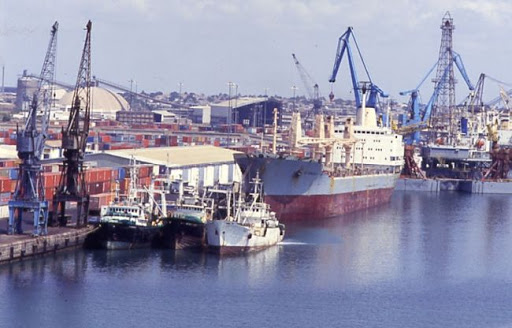
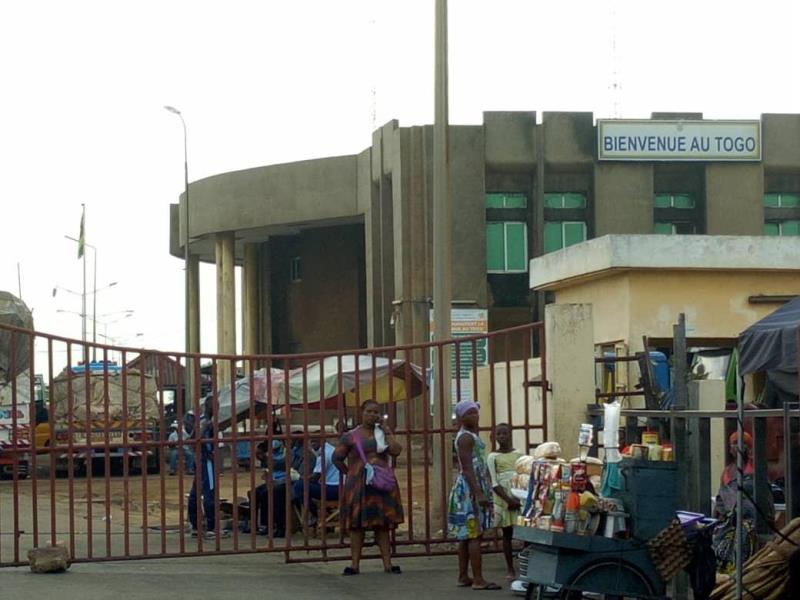
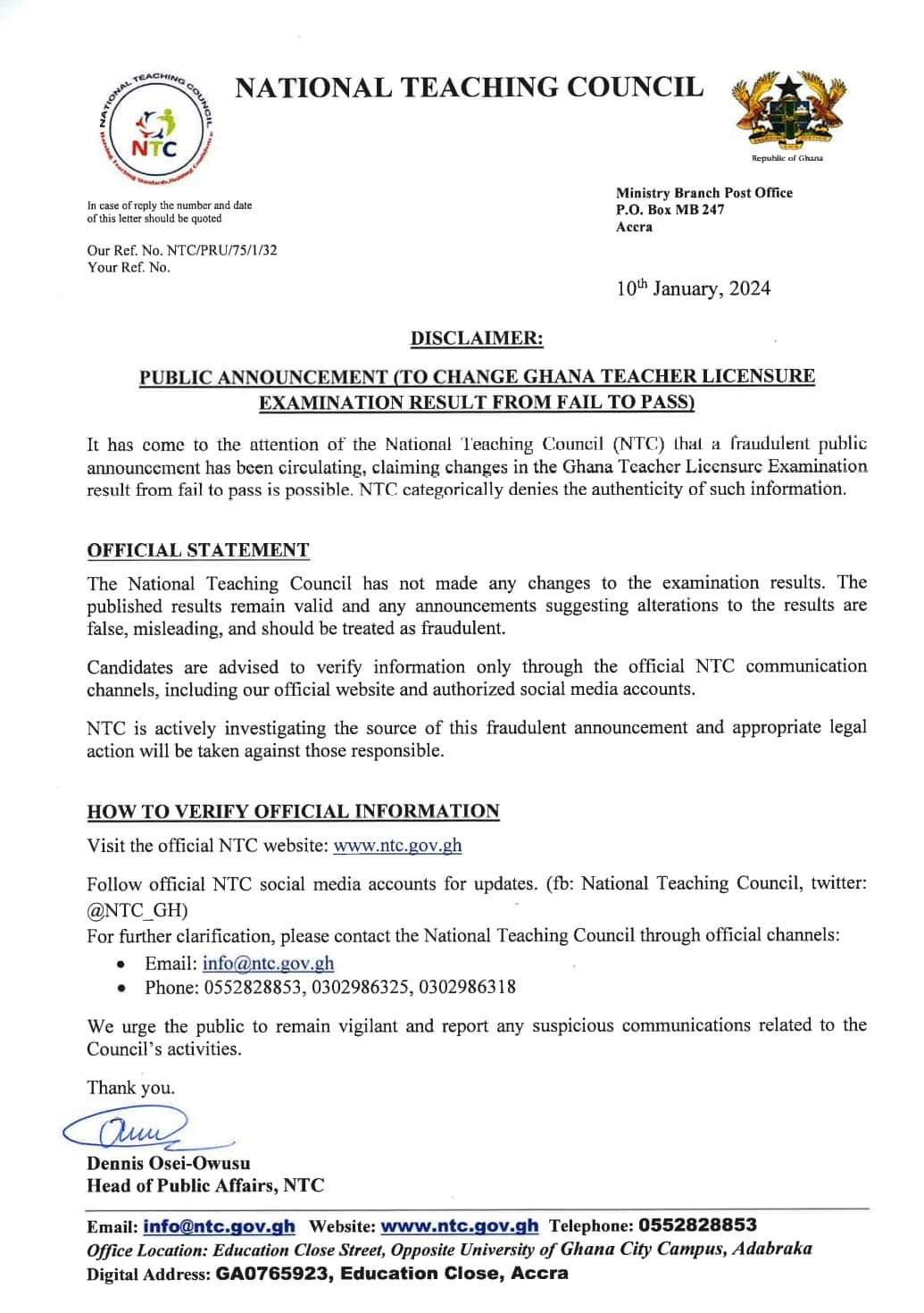

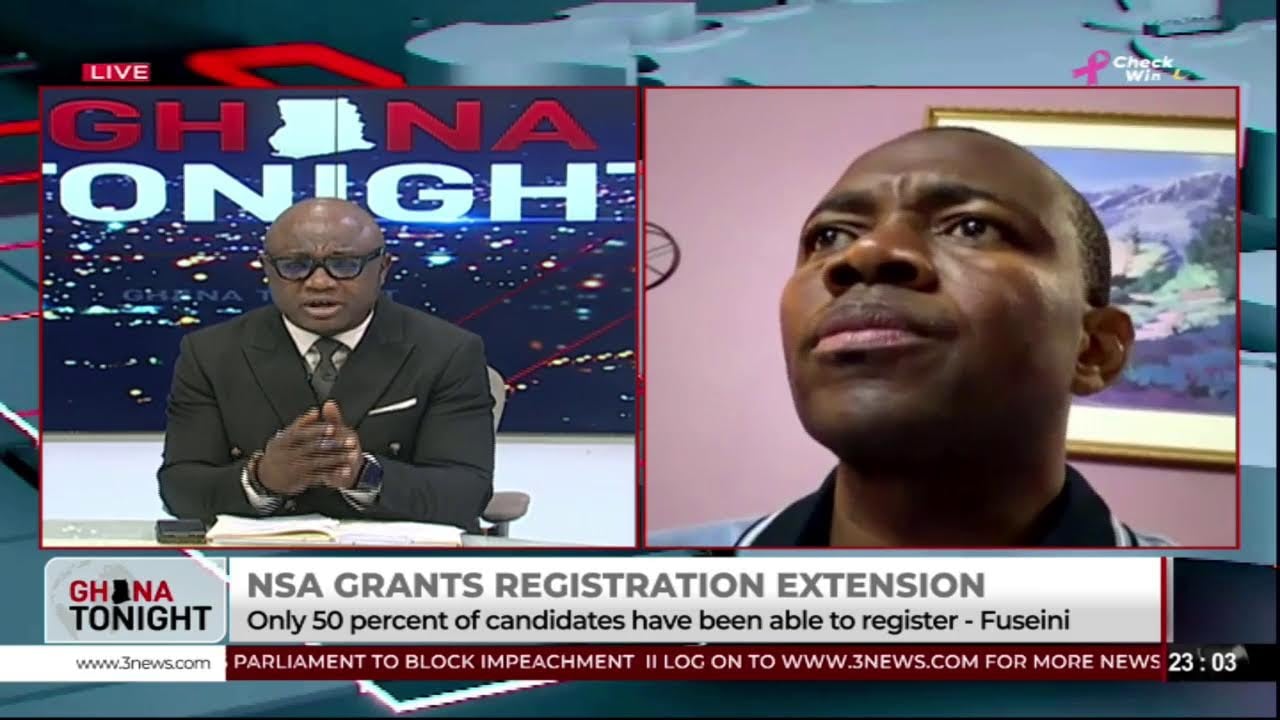
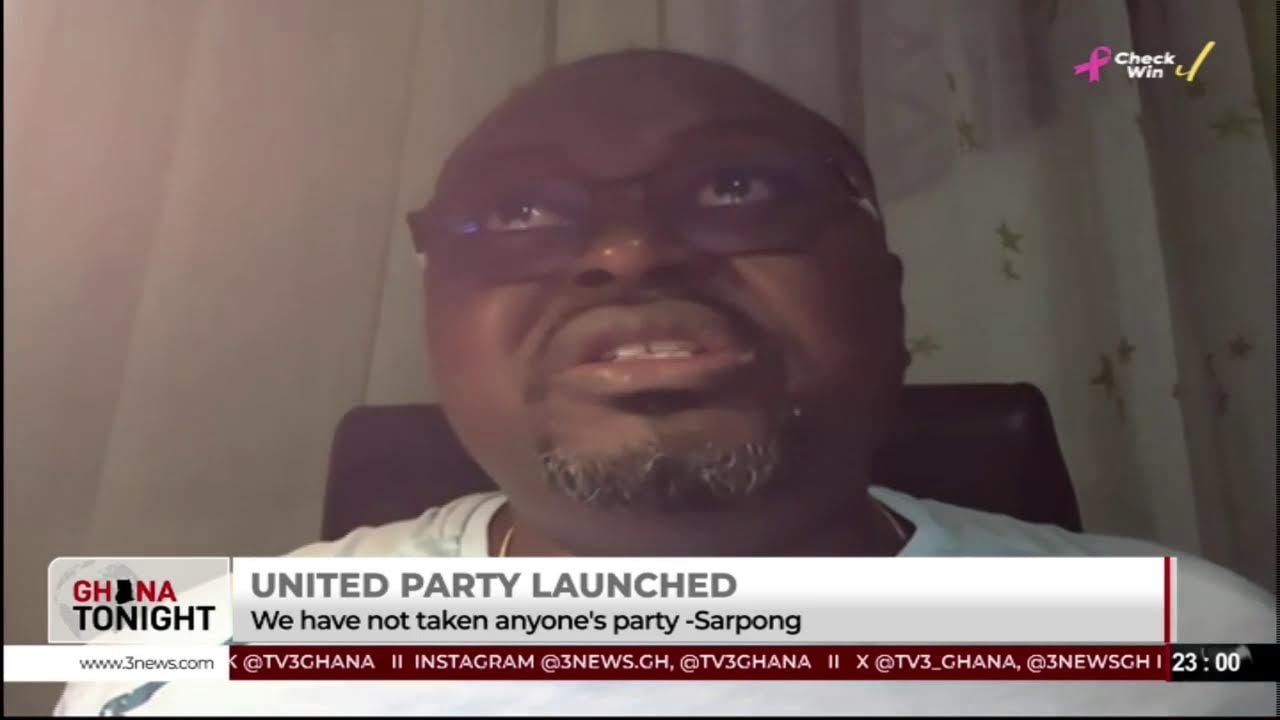
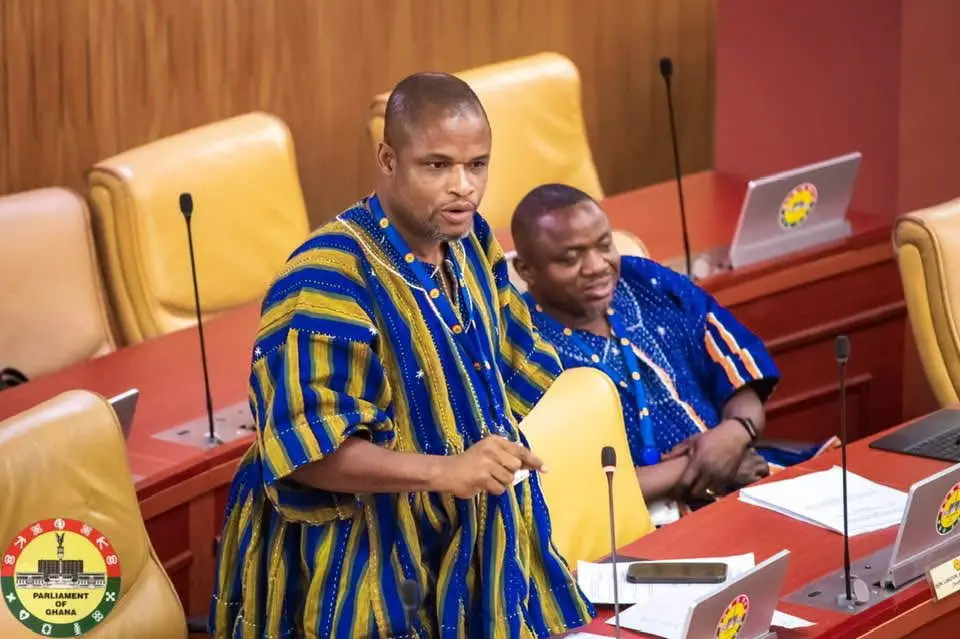
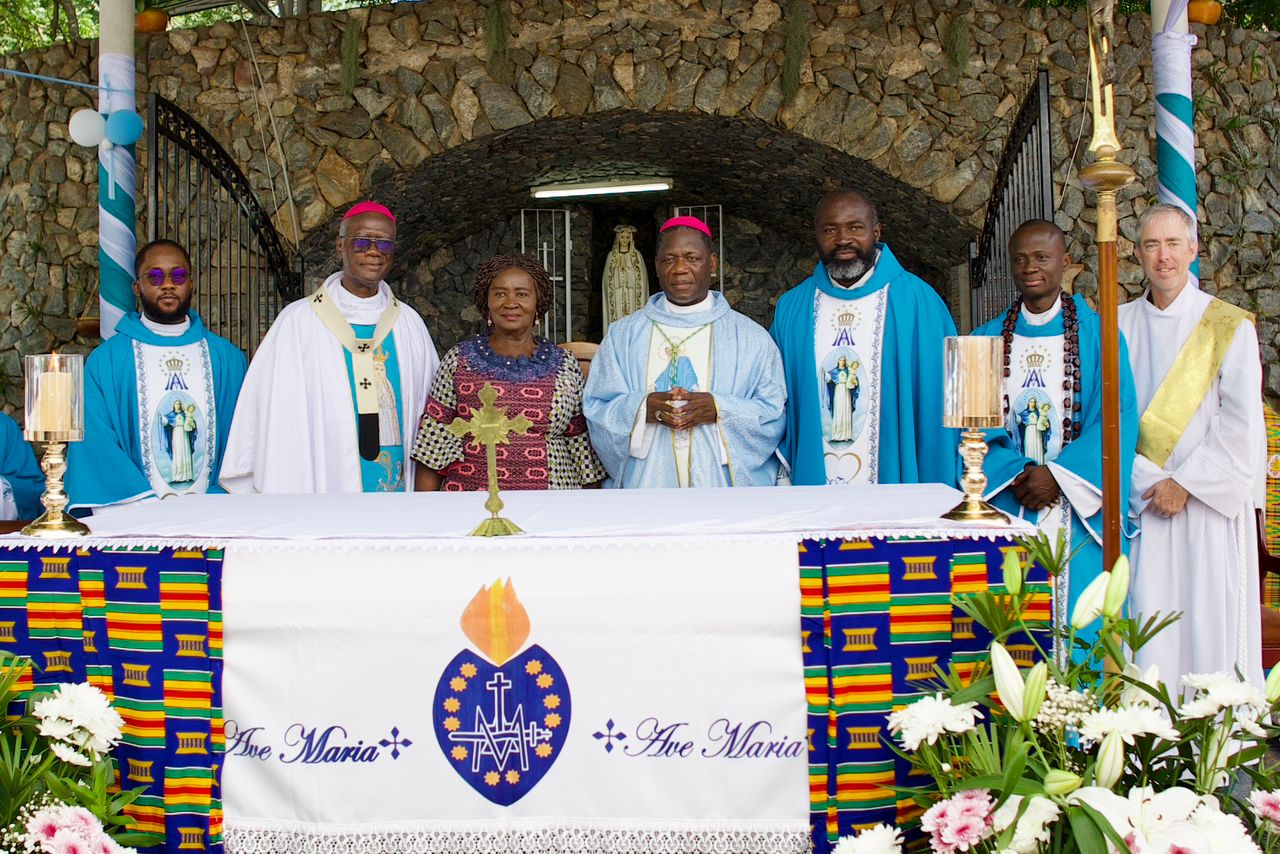



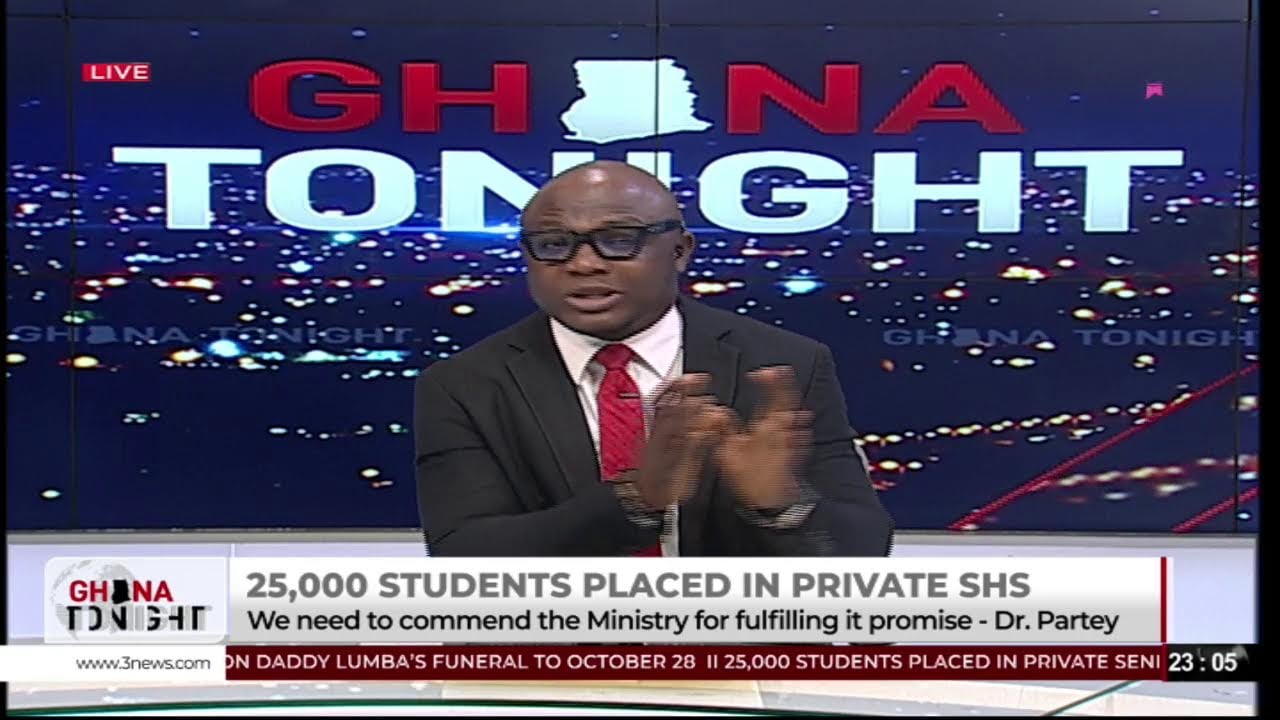

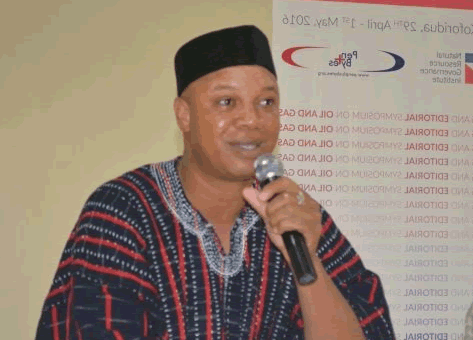




Facebook
Twitter
Pinterest
Instagram
Google+
YouTube
LinkedIn
RSS